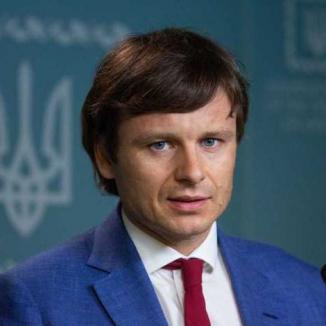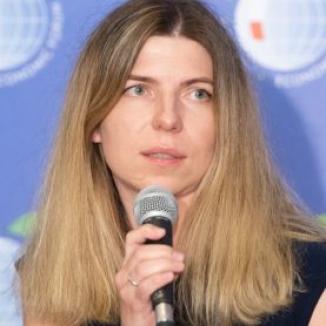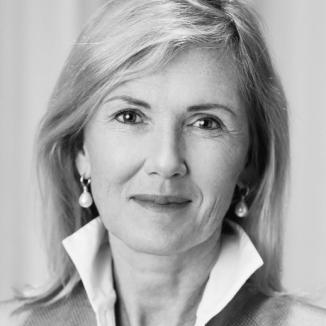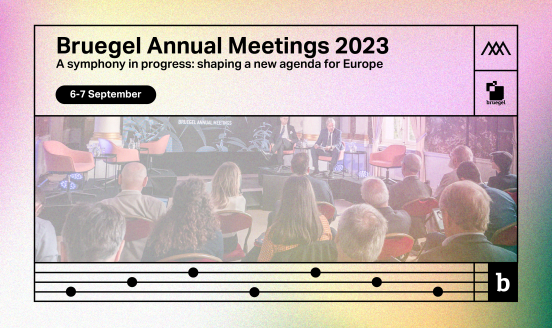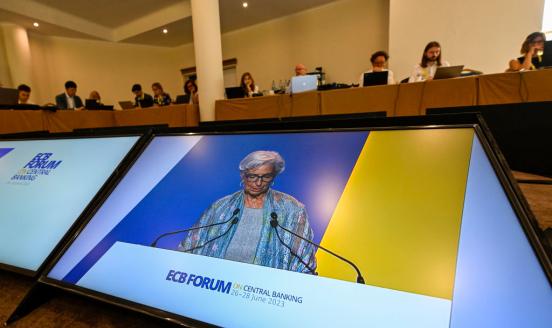War in Ukraine: Financing the victory
How can Europe financially support Ukraine in the short term?
Speakers
Gillian Edgeworth
Economist, Wellington Management
Gert Jan Koopman
Director General, DG NEAR, European Commission
Sergii Marchenko
Finance Minister, Ukraine
Maria Repko
Deputy Director, Centre for Economic Strategy (CES)
Beatrice Weder di Mauro
President, Centre for Economic Policy Research
Professor of International Economics, Graduate Institute of Geneva
President, CEPR
Key takeaways
- Because of the invasion, Ukraine is struggling each month to cover its budgetary needs. It has introduced fiscal discipline measures and is funding its defence spending, a primary driver of the growing deficit, through an inflation tax.
- The EU must step up and provide more financial support to Ukraine to help with its debt sustainability and economic crisis.
- The predictability of incoming financial assistance is crucial for Ukraine right now and coordination between contributing countries must be encouraged.
Summary
In his keynote speech, Sergii Marchenko, the Finance Minister of Ukraine highlighted that Ukraine’s pre-war financial situation was good, but the Russian invasion has turned it around. Ukraine has done a fair job of reducing the budget deficit, but help is needed to cover even the most basic expenditures.
Gillian Edgeworth pointed out that Ukraine’s level of macro-financial resilience is remarkable. A huge recession has not prevented the government from functioning well. Ukraine has a current account surplus and its reserves have stabilised. Inflation is around 25% as of August but the National Bank of Ukraine is actively targeting it.
Beatrice Weder di Mauro started her contribution by pointing out that the National Bank of Ukraine has up to now provided most of the funding covering the war deficit. She compares Ukraine to a pressure cooker; it is trying to stabilise its exchange rate while the economy is collapsing, and spending is exploding.
“What is going on here is that at the same time Ukraine is sending their men to the front and financing it through the inflation tax”.
Beatrice Weder di Mauro
This strategy is not sustainable, and therefore it is essential to provide Ukraine with external funding. Around $38 billion is needed for 2023.
Gert Jan Koopman acknowledged that the effort to support Ukraine has been unsystematic in the past months, but that the coordination is improving. The EU already disbursed 7bn EUR, and there will be more payments until the end of the year. This support is either financed from the EU budget or backed by it. The EU is working on a structured framework for supporting Ukraine in 2023.
Maria Repko pointed out that the National Bank of Ukraine was forced to print money because the grants were not coming, and reserves were disappearing. Budgetary cuts that were introduced included educational, healthcare, and social spending reductions by 25-30%. This is painful for the economy, and the government needs to spend more. We should also remember that the immediate need is to stop the damage to the Ukrainian infrastructure.
In the Q&A session, Jeromin Zettelmeyer asked whether EU financing is constrained by a sense that donors have insufficient control over it. Gert Jan Koopman responded that the EU is taking minimum safeguards even in presence of the war efforts. Other questions included political risk insurance and policies that can support credit creation in Ukraine.
Notes by Kamil Sekut
This event was jointly organised with the Centre for Economic Policy Research (CEPR) and the Centre for Economic Strategy (CES).



